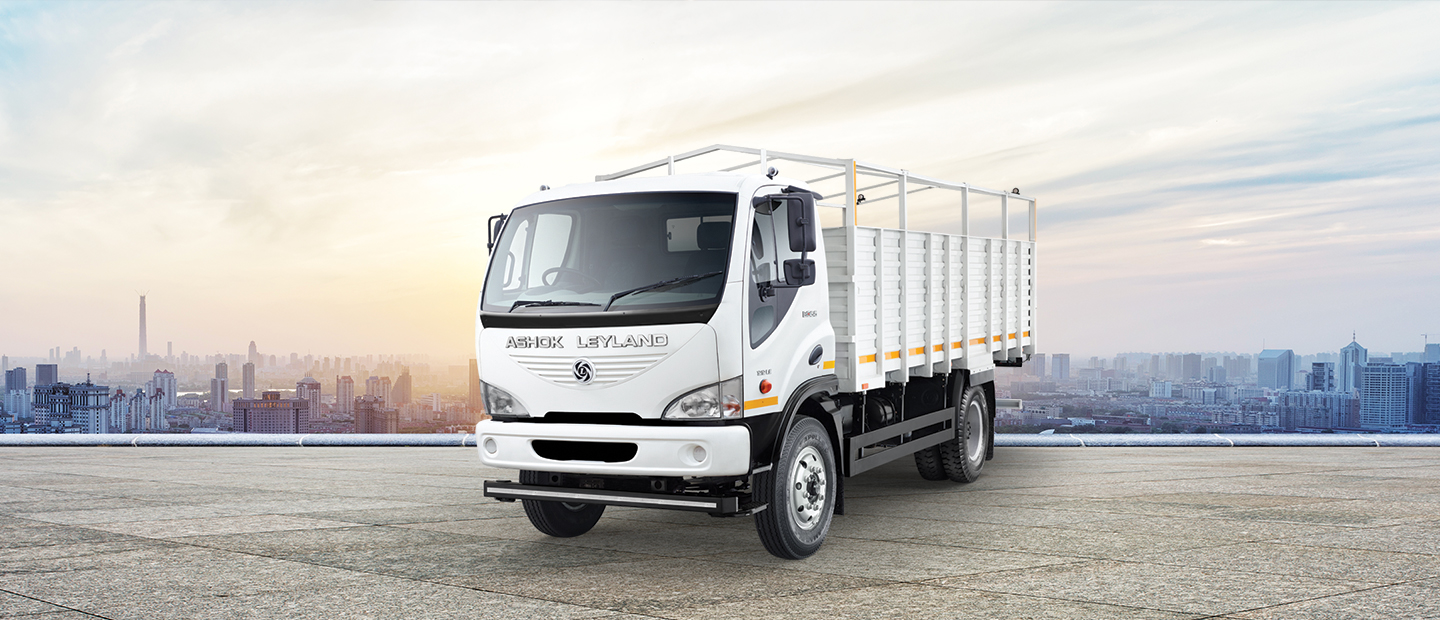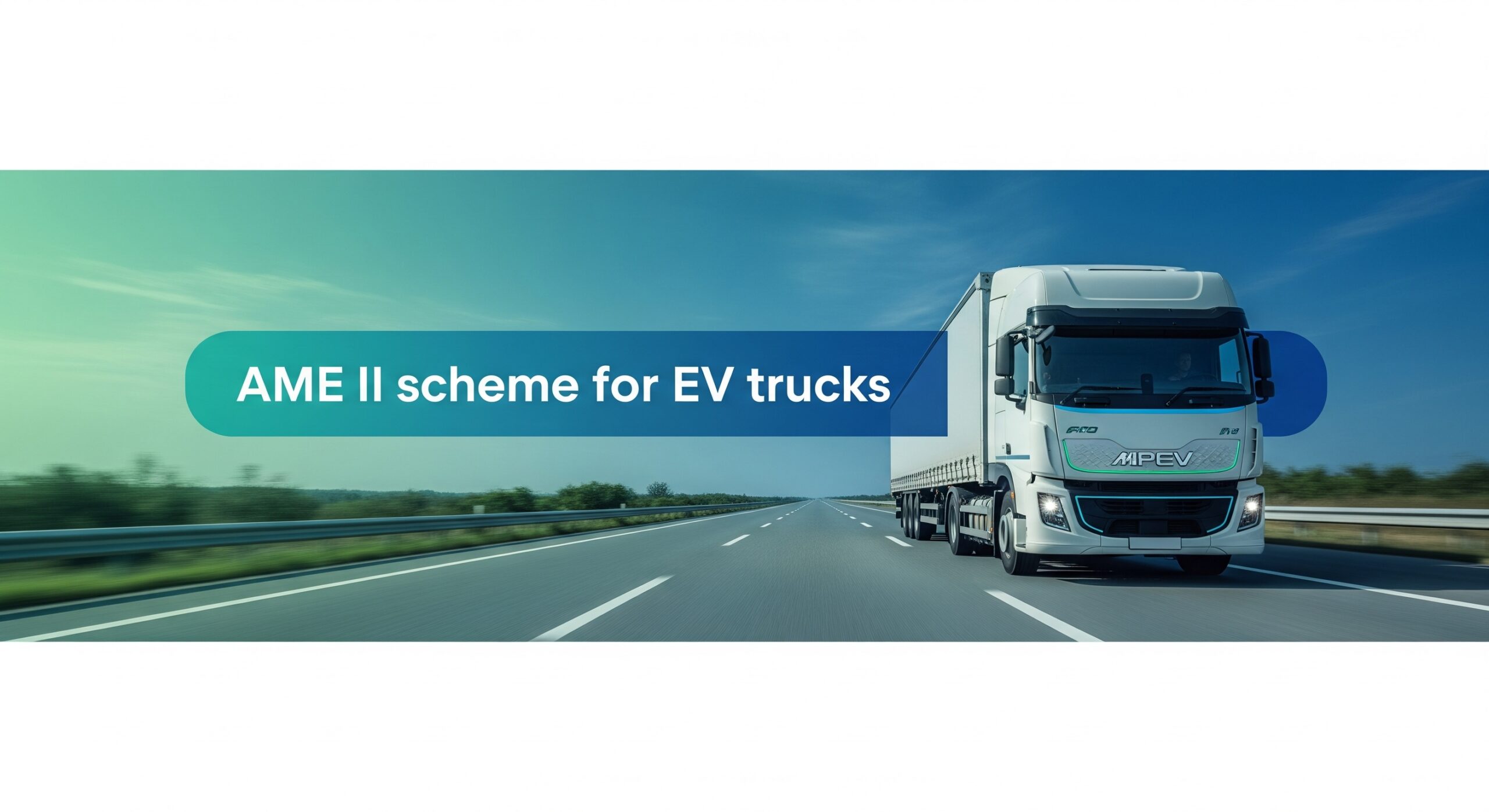The Indian commercial vehicle industry is buzzing with talk of electric trucks. From big auto giants to startup disruptors, everyone is promising cleaner, quieter, and cheaper alternatives to diesel. On paper, EV trucks look like a dream — lower running cost, zero tailpipe emissions, and government subsidies.
But when you step onto the highways, transport hubs, or dhabas where drivers gather, a very different story emerges. Many truck drivers are hesitant, even scared, of switching to EVs. Their fear is not without reason, and unless we understand these concerns, adoption will remain slow.
So why are drivers doubtful? And what are companies doing to win their trust? Let’s break it down.
🚚 The Fear Factor: Why Drivers Resist EV Trucks
1. Range Anxiety
Truck drivers live on the road. A typical long-haul driver might cover 300–600 km a day, often with little margin for delays.
-
EV trucks, especially the early ones, offer limited range (100–250 km).
-
Charging infrastructure on highways is still patchy.
-
Drivers worry: “What if the battery dies in the middle of nowhere?”
For a driver whose livelihood depends on deliveries, this uncertainty is terrifying.
2. Charging Time vs. Diesel Refueling
A diesel truck can refuel in 10 minutes. But an EV truck? Depending on the charger, it could take 45 minutes to several hours.
-
Drivers fear losing time, missing delivery slots, and spending long nights waiting near charging points.
-
For them, “time is money” isn’t just a saying — it’s their survival.
3. Lack of Familiarity
Most truck drivers have spent decades with diesel engines. They know the sounds, the gears, the “jugaad” fixes when something breaks.
-
EVs are silent, gearless, and run on software.
-
Drivers feel they’re stepping into something alien, where they can’t apply their years of experience.
In simple words: EVs make them feel powerless.
4. Fear of Losing Jobs
Some drivers fear EV trucks are part of a bigger trend of automation. With software controlling most functions, they worry companies may not need skilled drivers anymore.
This anxiety is often unspoken but very real.
5. High Initial Cost
Even though companies buy the trucks, drivers see the price tags: an EV truck can be 1.5x to 2x more expensive than its diesel cousin.
-
Drivers fear fleet owners will squeeze them harder to recover costs.
-
Some even think companies might deduct charging costs from their pay.
⚡ How Companies Are Building Trust
The good news? Manufacturers and fleet operators are actively addressing these fears. Instead of only selling trucks, they’re working to win over the people who actually drive them.
1. Driver Training & Demo Drives
Companies like Tata Motors, Ashok Leyland, and Eicher are running driver training programs where truckers get hands-on time with EVs.
-
Once drivers actually sit behind the wheel, many realize EVs are easier to handle (no clutch, no gears).
-
Demo drives reduce fear and replace it with curiosity.
2. Better Range & Battery Swapping
Manufacturers are introducing higher-capacity batteries and even battery swapping models.
-
Instead of waiting hours, drivers can swap a dead battery for a charged one in minutes.
-
This directly addresses range anxiety and charging delays.
3. Building Highway Charging Networks
Companies like Jio-bp Pulse, Tata Power EV Mitra, and Statiq are rapidly expanding highway charging stations.
-
Some hubs are designed like dhabas, where drivers can rest, eat, and charge their vehicles.
-
Making charging feel like part of their routine helps reduce resistance.
4. Incentives & Recognition
Some logistics firms are giving bonuses or perks to drivers who successfully adopt EVs.
-
Example: Higher daily allowances, safety bonuses, or recognition awards.
-
This turns drivers into champions of the EV transition instead of reluctant participants.
5. Clear Communication
Companies are learning to speak drivers’ language.
-
Instead of saying “zero emissions” or “sustainability,” they highlight fuel savings, smoother rides, and less fatigue.
-
When drivers see EVs as a way to make their lives easier, acceptance grows.
🚛 A Change in Attitude: Early Success Stories
Take the example of Delhi-NCR last-mile delivery drivers. Many were initially skeptical, but after using small EV trucks for e-commerce deliveries, they discovered:
-
No fuel expense = higher take-home pay.
-
Easy handling = less stress in traffic.
-
Government permits and green zone access = faster deliveries.
Now, some of those same drivers are asking fleet owners for EVs instead of resisting them.
🌍 The Road Ahead
India’s EV truck journey is still in its early stages. The fears drivers feel today are the same fears car buyers had when EV cars first appeared. Over time, as charging improves, costs drop, and familiarity grows, these fears will fade.
The real key lies in listening to drivers. After all, they are the backbone of India’s transport system. Without their trust, no amount of technology or subsidies will move the wheels of progress.
✅ Final Thoughts
Indian truck drivers aren’t anti-EV. They’re simply cautious — and rightly so. For decades, diesel has been their trusted partner on the road. EVs represent a big leap into the unknown.
But with the right training, support, and infrastructure, fear can turn into confidence. In fact, many experts believe that once drivers experience the smoothness, savings, and simplicity of EVs, they might never want to go back.
So, the next time you hear a driver say, “EV trucks won’t work for us,” remember — it’s not rejection. It’s just hesitation. And slowly but surely, that hesitation is being replaced with hope.






